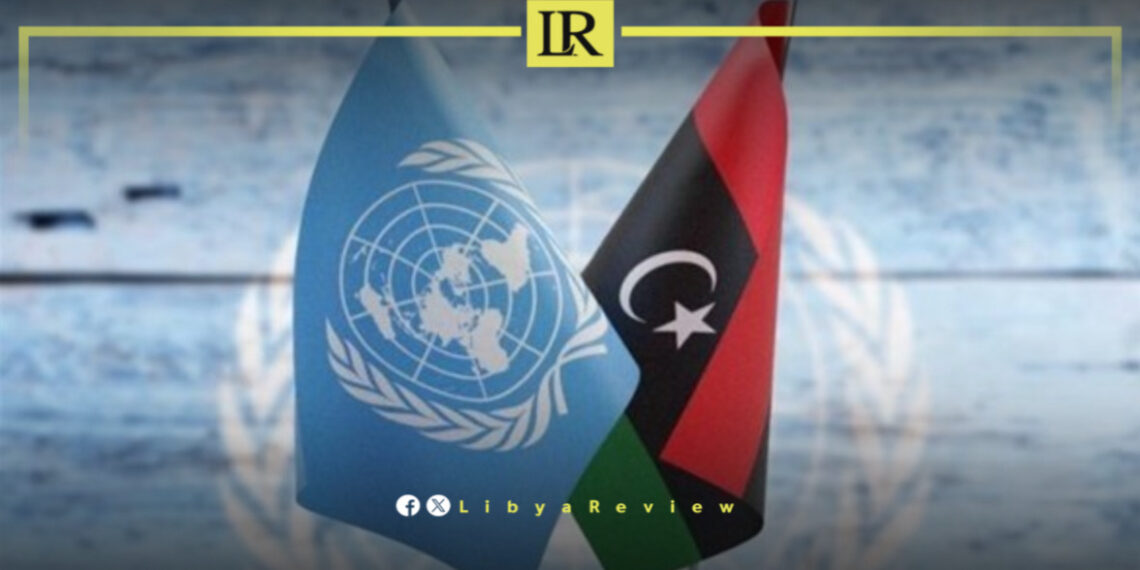In 2024, the United Nations in Libya implemented over 250 projects and initiatives across the country, advancing key development goals as part of its 2023–2026 Cooperation Framework with the Libyan government.
These efforts focused on fostering stability, improving services, and promoting inclusive growth in partnership with national and local actors.
The initiatives addressed six core areas: peace and governance, sustainable economic development, human and social capital, climate and environmental resilience, durable solutions for internally displaced persons, and migration management. All activities were guided by Libya’s national priorities and the UN’s global mandate for sustainable development.
Among the notable outcomes, the UN supported preparations for local elections, assisted in launching Libya’s first national strategy for sustainable energy, and contributed to improved water access and public health services. Support also targeted areas heavily affected by conflict, providing reconstruction aid, psychosocial services, and programs aimed at restoring essential infrastructure.
The report emphasizes the importance of inclusive development. Programs aimed at youth and women expanded significantly, with training, education, and economic empowerment initiatives rolled out in various regions. Climate-related work also grew, with efforts to address water scarcity, energy efficiency, and environmental degradation.
As Libya continues to recover and rebuild, the UN’s work in 2025 will focus on increasing resilience to climate change, strengthening institutions, empowering communities, and supporting national reconciliation efforts. The organization will maintain close coordination with Libyan authorities to ensure that all assistance is locally owned and aligned with national development strategies.


